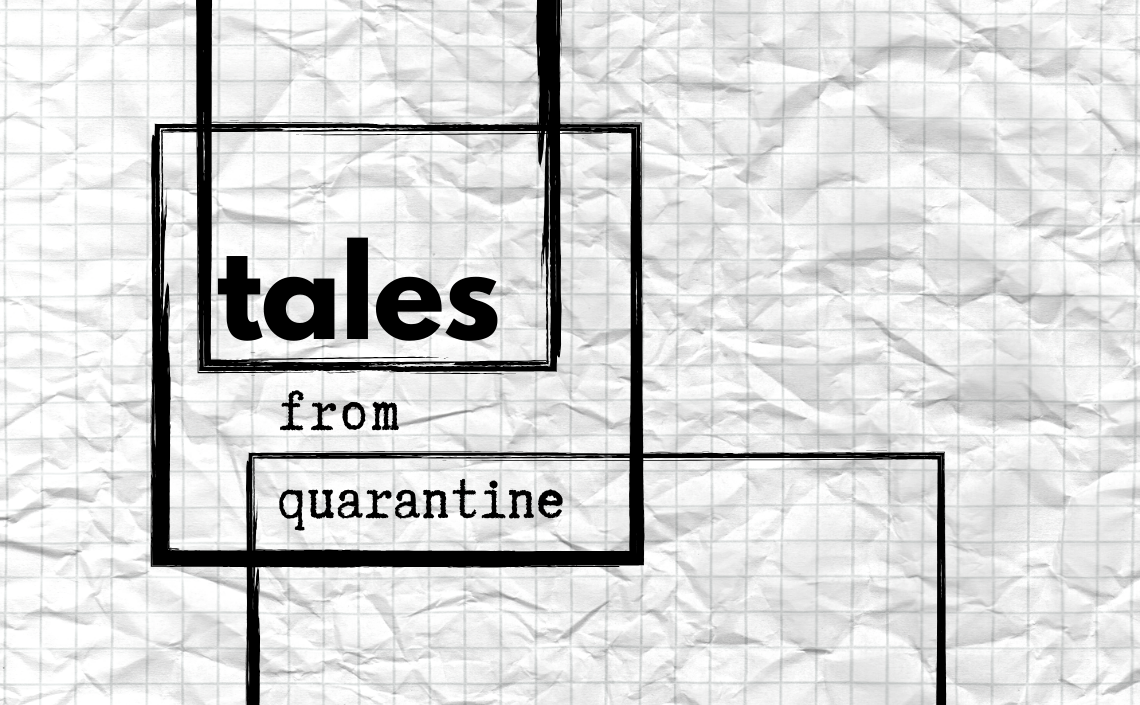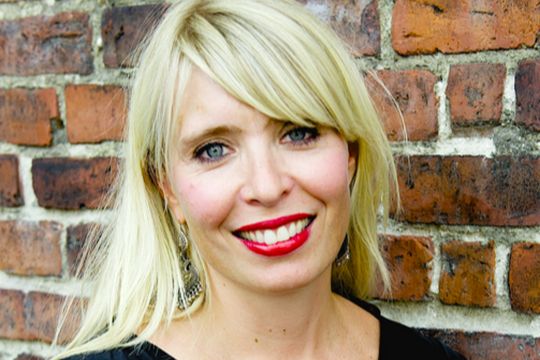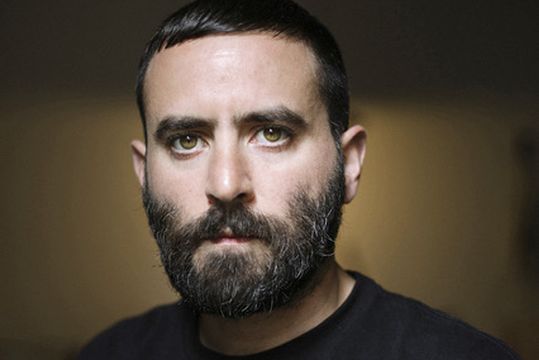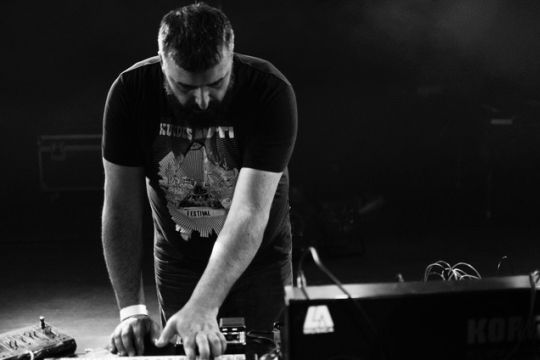Alexandra Archetti Stølen, Festival Director
Oslo World is co-founder of Beirut & Beyond International Music Festival and it feels a bit like a miracle, to have made a festival in Beirut, in late February. The revolution started in Lebanon in October 2019, and due to the unpredictable situation we had to move the festival to the end of February 2020. Beirut had closed down on October 17th and opened up again at the end of February. It was the first big music event and making the festival happen was a small miracle between the revolution and the pandemic, that closed the world down in the beginning of March. On my way back from the Middle East to Oslo on March 5th, the situation around COVID-19 in Italy was just starting to explode. In Norway there were talks about closing down as well, but we were not prepared for what was to come - we had to postpone the release of the Oslo World program and wait a few weeks… Then on March 12th, it all stopped.
We literally stopped working at the office from one day to the other. None of us knew how long it was going to last in the beginning, but then slowly we understood the gravity of the situation and by the end of March, we had to cancel several events. We started with the events in March / April, then we had to cancel the one’s in May and now June. We have had to move almost all the main acts to 2021.
Oslo World then started to work on projects online and develop our musical World Map where we have gathered more than 141 festivals from all over the world. We also worked on a utopian manifesto - imagining new collaborations for 2020 that are not so dependent on air travels and quarantine rules. Since the end of May, we have started to work on a new festival program with a more local profile. It has been a significant change in many ways of working, including a mental shift. To not travel at all, from having been all over the globe all the time, has been a good experience, though I miss meeting people in person and listening to LIVE music.
I think one needs to accept that we have to continue our work without knowing what will happen in the near and far future. I am worried about many parts of our industry that are profoundly affected. I also think that an unfortunate outcome of the pandemic is the increase in discrimination and violence post corona.
Personally I have been spending much more time with my family and also in the woods, on foot and on the bike! Trying to make this a routine, plus eat a warm lunch every day. I have been in a yes phase for a long while now, being open for changes of plans and new challenges. I am incredibly privileged being in Norway. We have an excellent welfare system, and right now we can be very thankful for that.
It was extraordinary to attend the first concert with an audience (max 50) after three months of lockdown on the 29th of May. We had an 800-seat hall but managed to create a cosy atmosphere. I think 2020 will change our perception of live concerts and that we will be more openhearted in the future and hopefully more appreciative. I also feel it is essential that we use this experience to take better care of our planet in the future. We need less, and we need to travel less. The pandemic is a crucial awakening for many big and small companies and individuals. I also think that we have seen a lot of projects and initiatives the past months that underline the importance of culture and the unique role of music in particular in people lives. Music will always survive.
_____________________________________________________________________
Alexandra Archetti Stølen is the festival director of Oslo World and Barnas Verdensdager since 2006. She is the co-founder of the Beirut & Beyond international music festival in Lebanon, the founder of asylum centre festivals called Our Neighborhood and was president of the Forum of Worldwide Music Festivals from 2011 until 2018. More info on Oslo World can be found here www.osloworld.no.




